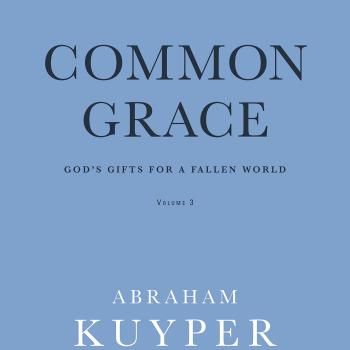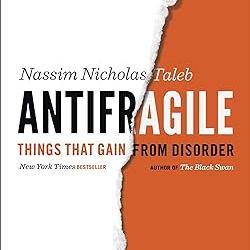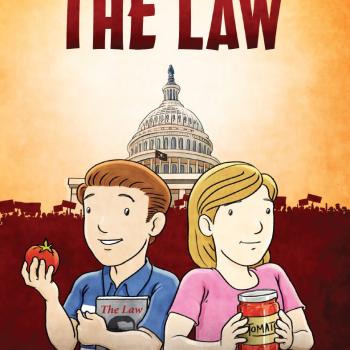This post is part of a series walking through the third volume of Abraham Kuyper’s Common Grace
Continuing his discussion of society, Kuyper notes that the basic needs of social life are shaped by time, geography, and other such factors. This set of needs drives society and is given by God’s “counsel” and “wisdom.” (492-493) How these needs are met is directed by God and is part of how history advances. Farming, for example, meets the need for food. God provides both the matter for farming (soil, water, growth, etc) and the over time expands the knowledge of how farming works. This expansion of knowledge is a part of common grace.
We don’t know what farming would have looked like pre-fall. Post-fall farming is both punishment and grace. The soil brings forth thorns, but it also brings forth food. [And here Kuyper includes his unfortunate cultural assumptions again.] There are three realities of common grace obviously on display here:
- The soil gives us blessing;
- we become able to access this blessing;
- God promises to keep the seasons regular, even as he lets us develop our farming skills.
We see in these things the difference between us and animals. We farm, mine, and develop industries as God gives us more wisdom to pass along.
Kuyper sees a development of civilization with the rise of trade and specialization. He claims that in the early stages there is only tribal and family life, but no social life [as he thinks we still see in Africa, again making the Kuyper-esque assumptions about various merits of race/ethnicity]. Trade brings society, because families are no longer self-sufficient. This too God ordained, even down to the natural laws that let wood float and used to form the basis of shipping.
All our technology was found in nature, that it took so long is a sign of God’s governance. We see this in the rise of money, with all the good and bad it brings–including the bad of European anti-Semitism.
Sin of course is always present along the way. But we must not let this deter us from participating in society; we must work hard and virtuously here, as God has given us wisdom and as His common grace governs all.
“We must never say, therefore, that the production, processing, and distribution of earthly goods would be a realm that is prohibited for Christians. On the contrary, only Christians can develop social life by contributing to these areas, thereby honoring the reality of common grace. These realms of human existence do not lie outside the divine providence; to the contrary, they belong to it in the sense that we find in them a manifestation of human life that we share in common with all of our fellow citizens.” (500)
Dr. Coyle Neal is co-host of the City of Man Podcast an Amazon Associate (which is linked in this blog), and an Associate Professor of Political Science at Southwest Baptist University in Bolivar, MO










